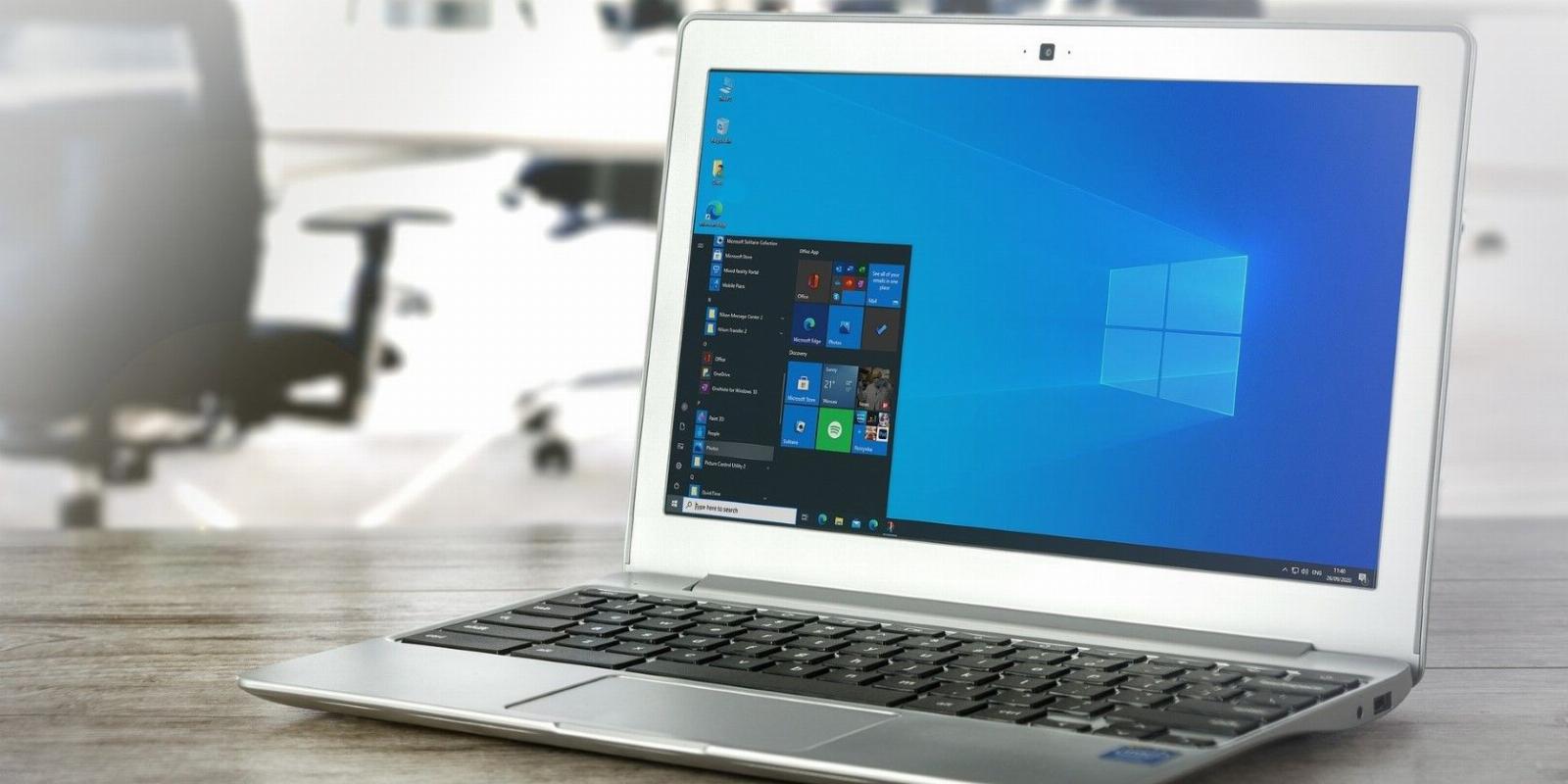
How to Refresh the Group Policy Settings on Windows
Reading Time: 3 minutesHere’s how to automatically apply changes to the Group Policy Settings whenever you tweak them.
The Group Policy settings on Windows allow users to configure important system settings. Making changes to the Group Policy settings, however, will not take effect until those settings are refreshed.
Fortunately, it’s easy to refresh the Group Policy settings on Windows. You can also modify how frequently Group Policy settings are automatically updated.
How to Refresh the Group Policy Settings Manually on Windows
Although Group Policy settings are automatically refreshed at predefined intervals, there may be times when you want to refresh those settings manually. Thankfully, refreshing the Group Policy settings only requires you to run a single command in Command Prompt. Here are the steps you need to follow.
- Press Win + S to open the search menu.
- Type command prompt in the box and select Run as administrator.
- Select Yes when the User Account Control (UAC) prompt appears.
- In the console, paste the following command and press Enter.
gpupdate /force
If you want to refresh the Group Policy settings and restart the computer, use the following command instead.
gpupdate /boot
You can also choose to update computer and user policies separately. If you’re only looking to update the computer policies, enter the following command:
gpupdate /target:computer /force
Likewise, if you only want to update user policies, enter this command:
gpupdate /target:user /force
Like using Command Prompt? Check our guide on how to master the Command Prompt on Windows.
How to Change the Automatic Group Policy Refresh Interval on Windows
By default, Group Policy is refreshed in the background every 90 minutes with a random offset of 0 to 30 minutes. However, you can increase or decrease the refresh interval as per your requirement.
There are a couple of ways you can go about changing the Group Policy refresh interval on Windows. You can either use the Group Policy Editor or the Registry Editor to implement this change.
First, let’s see how you can change the automatic Group Policy refresh interval via the Group Policy Editor.
- Press Win + R to open the Run dialog.
- Type gpedit.msc in the text box and press Enter.
- Use the left pane to navigate to Computer Configuration > Administrative Templates > Group Policy.
- On your right, double-click the Set Group Policy Refresh Interval for computers policy.
- Select Enabled.
- Set the update rate to anything up to 44,640 minutes (31 days).
- Click Apply followed by OK.
For instance, if you enter zero minutes, the computer tries to update Group Policy every seven seconds. This, however, can cause your system to slow down. So make sure you select a reasonable refresh interval.
Alternatively, you can change the Group Policy refresh interval via the Registry Editor. If you use this method, make sure you back up all the registry files or create a system restore point before proceeding.
- Click the magnifying icon on the taskbar to open the search menu.
- Type registry editor in the search box and select Run as administrator.
- Select Yes when the User Account Control (UAC) prompt appears.
- Use the left pane to navigate to HKEY_LOCAL_MACHINE > Software > Policies > Microsoft > Windows > System.
- Right-click on the System key and select New > DWORD (32-bit) Value. Name it GroupPolicyRefreshTime.
- Double-click the newly created DWORD and enter the update interval (in minutes) in the Value Data field.
- Click OK.
Restart your PC after completing the above steps. Following that, the Group Policy update interval will be changed.
Refreshing the Group Policy Settings on Windows
As we just saw, refreshing the Group Policy Editor is quite simple on Windows. And now that you know how to refresh the Group Policy settings manually, why not check out some useful Group Policy settings that can make your PC better?
Reference: https://www.makeuseof.com/window-refresh-group-policy-settings/
Ref: makeuseof
MediaDownloader.net -> Free Online Video Downloader, Download Any Video From YouTube, VK, Vimeo, Twitter, Twitch, Tumblr, Tiktok, Telegram, TED, Streamable, Soundcloud, Snapchat, Share, Rumble, Reddit, PuhuTV, Pinterest, Periscope, Ok.ru, MxTakatak, Mixcloud, Mashable, LinkedIn, Likee, Kwai, Izlesene, Instagram, Imgur, IMDB, Ifunny, Gaana, Flickr, Febspot, Facebook, ESPN, Douyin, Dailymotion, Buzzfeed, BluTV, Blogger, Bitchute, Bilibili, Bandcamp, Akıllı, 9GAG